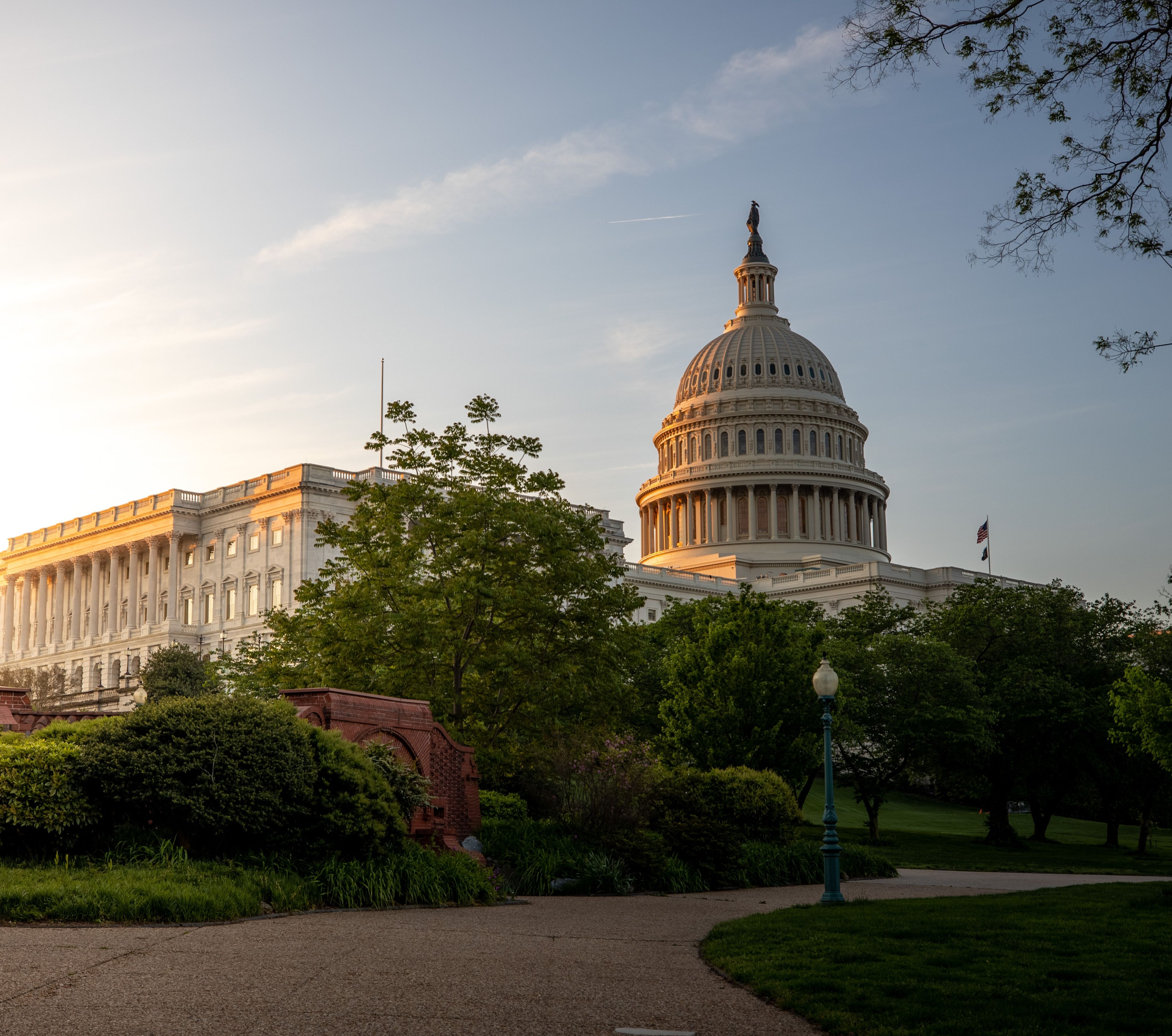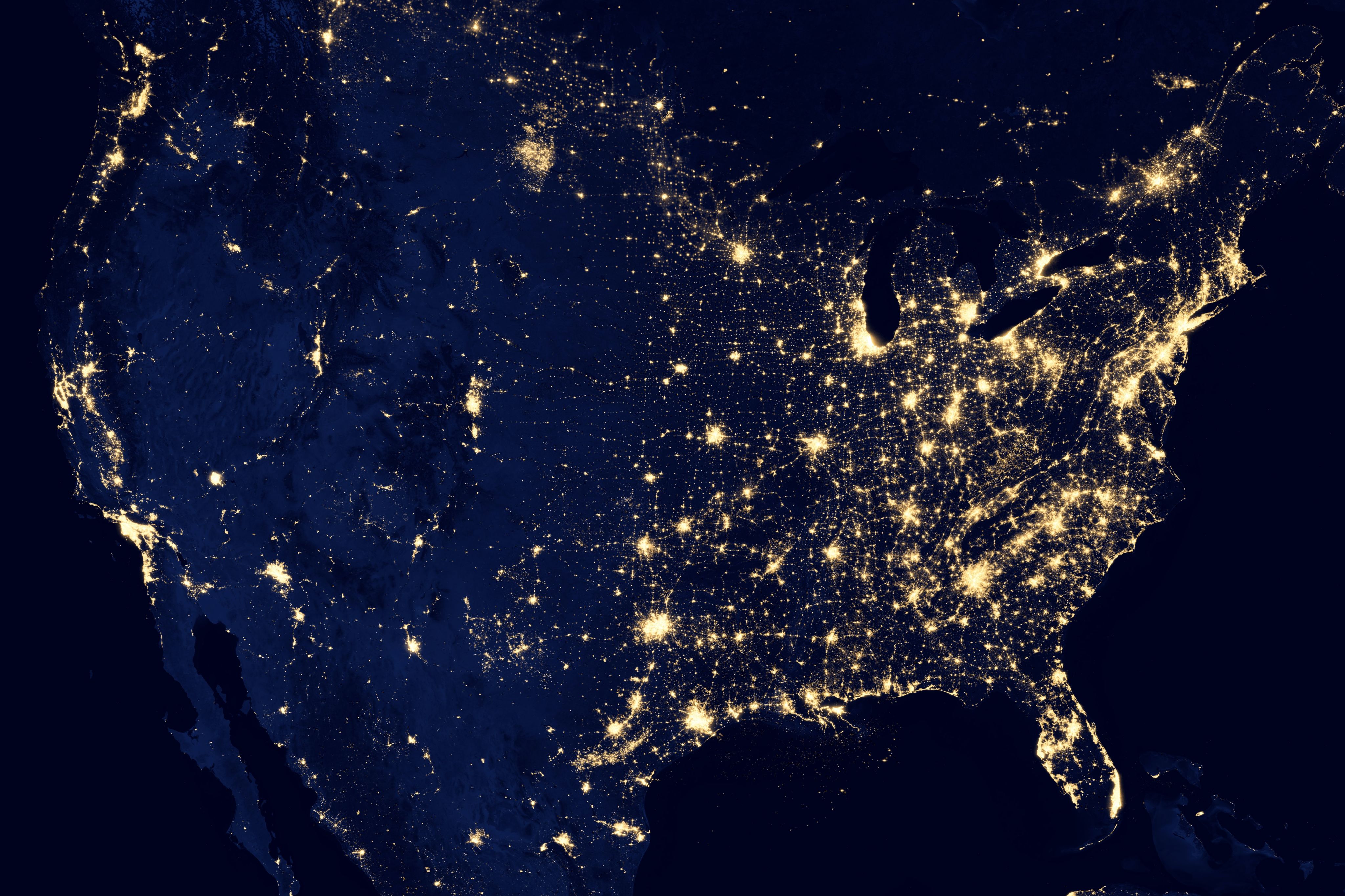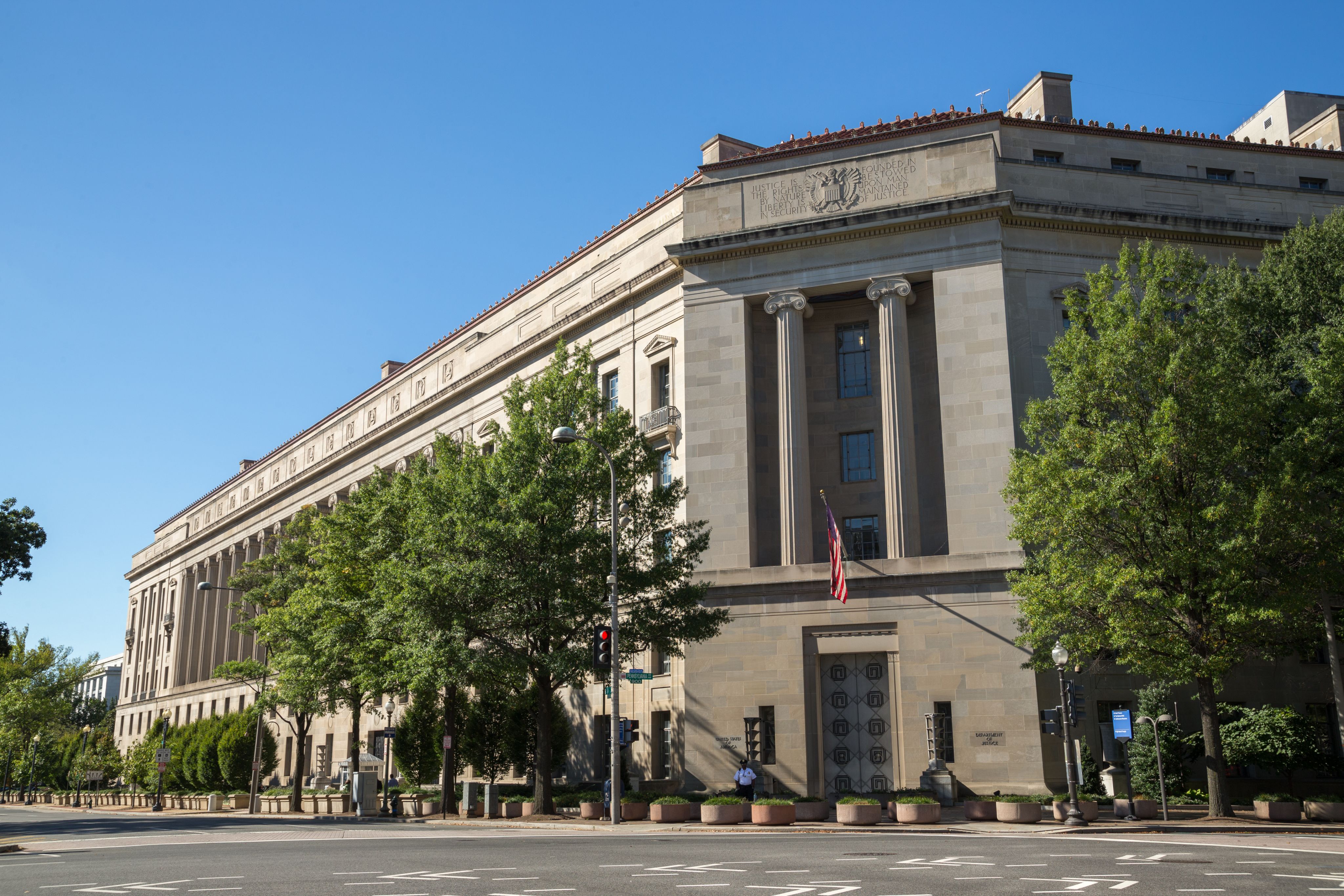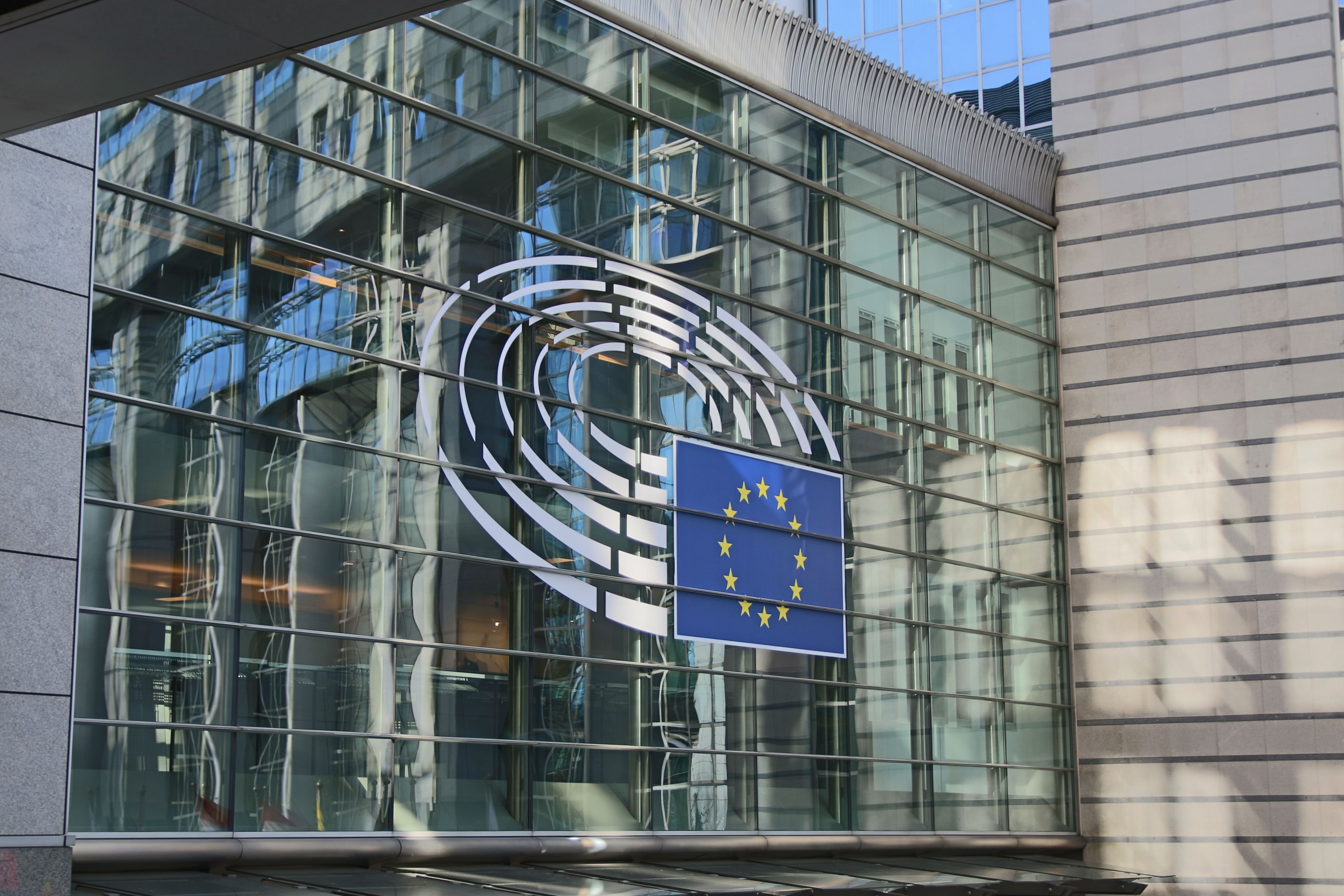MLex® exclusive:
Facebook whistleblower Frances Haugen on the fallout from her decision to come forward
MLex® exclusive:
Facebook whistleblower Frances Haugen on the fallout from her decision to come forward
Facebook whistleblower Frances Haugen talks to MLex reporter Madeline Hughes about the regulatory and legal fallout from her release of documents to the press that detailed internal studies about how Facebook’s algorithm worked. She’s now using her nonprofit Beyond the Screen to push for regulatory change as the company is fighting hundreds of lawsuits for allegedly harming its youngest users for big profits.
Tune in to the interview now for exclusive insights on social media and privacy regulation—or keep scrolling for related stories from our specialist correspondents across the globe.
Privacy Corner:
Whistleblower Haugen eager to see Meta lawsuits play out
19 January 2024
By Madeline Hughes
Frances Haugen never set out for anyone to know her name when she began gathering documents that led to Meta Platforms — then known solely as Facebook — getting hit with hundreds of lawsuits for allegedly harming its youngest users for big profits.
“Part of the reason why the disclosures are so large is that I wanted them to be able to stand on their own,” Haugen told FTCWatch in an interview. She ultimately came forward after her lawyers warned Facebook would likely use her anonymity to discredit the findings Haugen wanted shared with the world.
In 2021, Haugen released to the press the documents that detailed internal studies about how Facebook’s algorithm worked and testified before Congress, saying the algorithm promoted extremism and misinformation. These practices were especially detrimental to children who were more likely to engage in disordered eating and be subject to illegal drugs and human trafficking, she explained.
As she navigated going public with the information, Haugen tapped into her high school debating roots. She was ranked among the top 25 debaters in the country, specializing in dissecting the morality of every issue. Hours of debate prep translated well into congressional testimony prep where she quickly had to respond to questions.
“It’s a surreal experience being someone who has sat behind a computer for your whole life to then have to explain to people — who are quite angry at this trillion-dollar company — what exactly happened behind the curtain,” Haugen said.
Since the release of the trove of documents, more than 40 state attorneys general, hundreds of school districts and dozens of individuals have sued Meta and other social media companies for addictive features that hook children. The Federal Trade Commission has also tried to reopen its 2020 landmark $5 billion settlement with the company to ban Meta from monetizing children’s data.
Haugen’s documents and others from fellow whistleblower Arturo Bejar are being used in the lawsuits stacking up against the social media giant that operates Facebook, Instagram and the newly-created Threads platforms.
“Two years ago when I said I thought the AGs were probably the shortest paths to action in the US, and now that we have seen the unredacted filing, I get super excited. I have trouble imagining there’s a world in which Facebook doesn’t — or Meta — doesn’t end up settling,” Haugen said.
She likened the Meta lawsuits to the Purdue Pharma settlements that led to criminal charges for executives that lied in congressional testimony. The executives later pleaded guilty to misdemeanor charges and the company filed for bankruptcy after agreeing to pay out hundreds of billions of dollars.
Jaws still dropping
Despite the release of what some have dubbed the Facebook Papers, Haugen describes how she is still shocked by executives’ responses.
“The thing that’s been hard for me is it is shocking how craven some of the people, particularly Mark Zuckerberg, were in terms of dealing with issues around the safety of children,” Haugen said.
While writing her book about the decision to blow the whistle, Haugen didn’t delve into Zuckerberg’s role in the decision-making. She instead focused on organizational choices that “made it harder for [Facebook] to do the right thing.”
“I didn’t want to attribute anything to him that I didn’t have receipts on. But reading through the unredacted [federal] lawsuit, you can see echoes of a company that was founded by a bunch of teenagers 20 years ago. Those teenagers have never had other jobs. They’ve been frozen as 18-year-olds, and they’ve been told that their product hurts children, right?” Haugen said. “That’s an almost impossible thought for a person to think.”
These days Haugen is focused on public speaking engagements and typically uses the first 15 minutes of her time to go through the revelations of the state-led lawsuit.
She sees “their jaws drop,” Haugen said, referring to audiences around the country. “And so I think there’s a really cool opportunity this year to basically use the [FTC] settlement as a scaffold and say, ‘we haven’t been able to get stuff out of these companies before,’” and get meaningful change.
Haugen wants to see public reporting requirements for social media companies, such as disclosing their progress on combating misinformation and reacting to other issues on the platforms, including design applications the companies can utilize to cause fewer harms to children.
Using the example of beauty filters that cause body image issues among teenage girls, Haugen explained public surveys and reports could shed light on the harmful effects of these intangible products that have been harder for lawmakers to regulate.
“We’re living in an inflection point where we’re having as a world to say, you know, [the] tangible economy and [the] intangible economy have different constraints. We’re going to need to figure out different ways of incentivizing good behavior because we have seen, right, it doesn’t happen automatically,” Haugen said.
That’s why she started her nonprofit, Beyond The Screen, that is “focused on what we call capacity building across the ecosystem of accountability,” Haugen said. They’re working to build an ecosystem of accountability — including lawyers, lawmakers, academics and concerned citizens — to hold social media companies accountable for their actions.
“We’ve had even basic information hidden from us for decades. Even before Facebook, MySpace was doing the exact same things. Friendster was doing the exact same things. This is not unique to Facebook, they’re just the most out there of the other players,” Haugen said.
This article first appeared in the Jan. 16 issue of MLex sister publication FTCWatch.
For access to breaking news and predictive analysis on data privacy and tech regulation from our bureaus across the world, start your free trial today.

More from MLex







